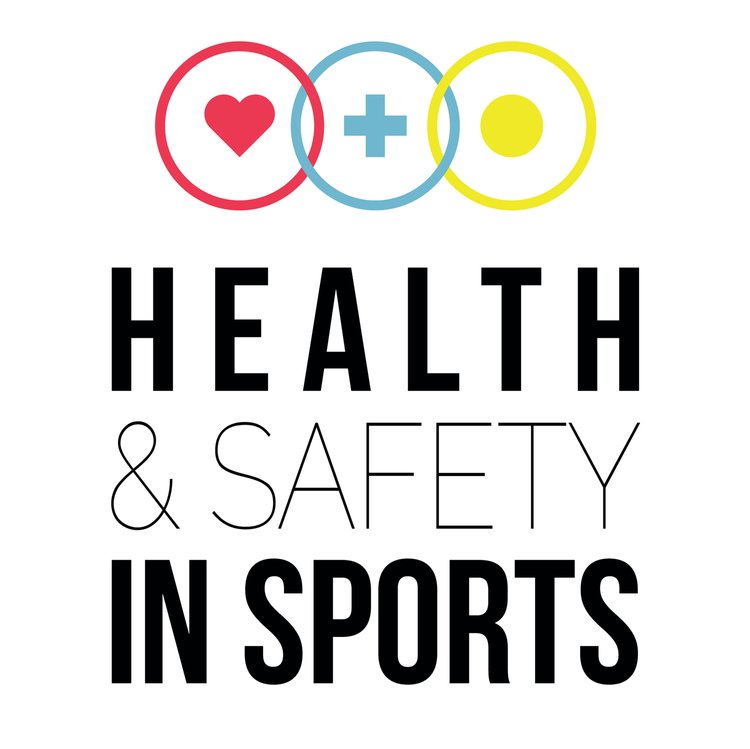PROJECT PARTNERS
· Amphia Hospital, Breda, The Netherlands.
· St. Anna, Geldrop, The Netherlands
· Onze Lieve Vrouwe Gasthuis, Amsterdam, The Netherlands
· Maastricht UMC, Maastricht, The Netherlands
· Alrijne Ziekenhuis, Leiderdorp, The Netherlands
· Flevoziekenhuis, Almere, The Netherlands
· Kliniek ViaSana, Mill, The Netherlands
· Bergman Clinics, Naarden, The Netherlands
· Maxima Medisch Centrum, Eindhoven, The Netherlands
FUNDING
· The study was funded by ZonMw Efficiency
BACKGROUND
Knee osteoarthritis is the most prevalent joint disease in the Netherlands with 571,600 patients in 2016 suffering from it. This burden is particularly high for those undergoing knee arthroplasty (KA). Due to the ageing population and the obesity epidemic, it is expected that there will be about 57,900 knee arthroplasties in the Netherlands in 2030. Half of these patients are expected to be in the working population. Currently, the care as usual post-surgery is not aimed at (work) participation, and three out of ten Dutch knee arthroplasty patients do not return to work (RTW). Additionally, only 50% of the patients accomplish RTW within three months. This is accompanied by a significant impact on patients’ quality of life as periods of being off work not only lead to a high risk of work disability, but also contribute to poor general and mental health of the patient and increasing health care and work productivity loss costs for society. Hence, improving perioperative care for KA patients, with a primary focus on societal participation, could contribute to more (cost) effective care.
OBJECTIVES
The aim of the study is to assess the (cost-)effectiveness of a new transmural integrated care program for KA patients aiming to increase (societal) participation post-surgery. In this transmural integrated care intervention, we will combine identified effective elements (e.g. referral to a case-manager, rehabilitation with personalized goals and eHealth) aiming to increase (work and sport) participation and thereby quality of life of KA patients. In a multi-center randomized controlled trial, we will examine whether this integrated care program will be (cost) effective as compared to the care as usual on resumption of (working) activities and improving quality of life in knee arthroplasty patients. The results from this study will provide health care providers and policy makers with guidance to improve arthroplasty patients’ care and future implementation of this integrated care program in Dutch orthopaedic practices and hospitals.


